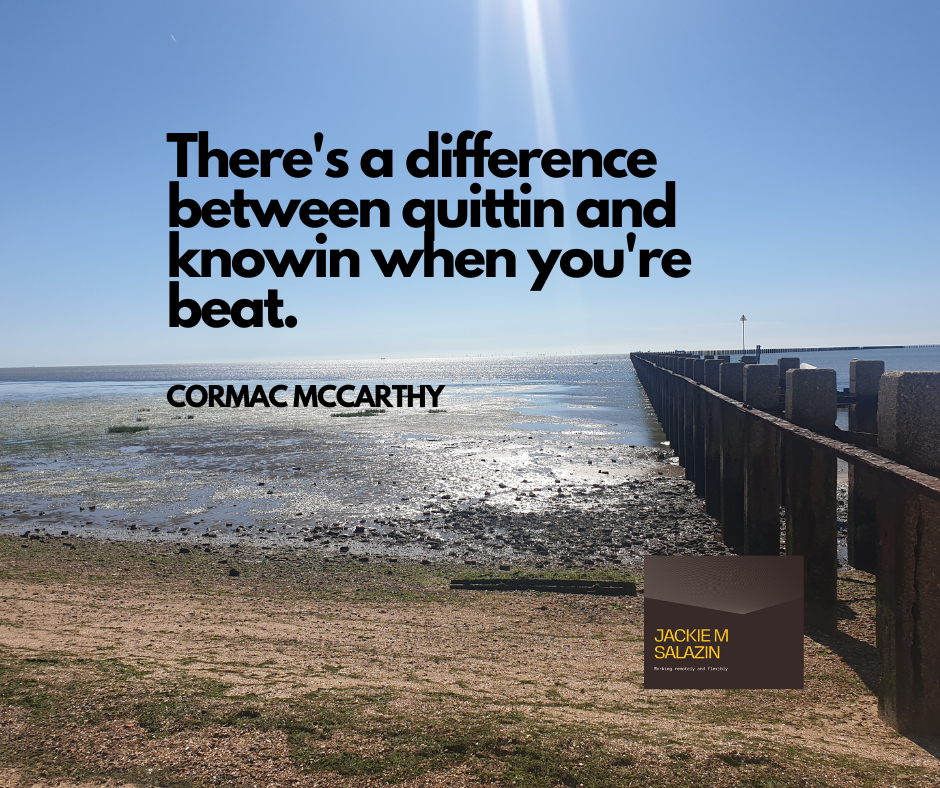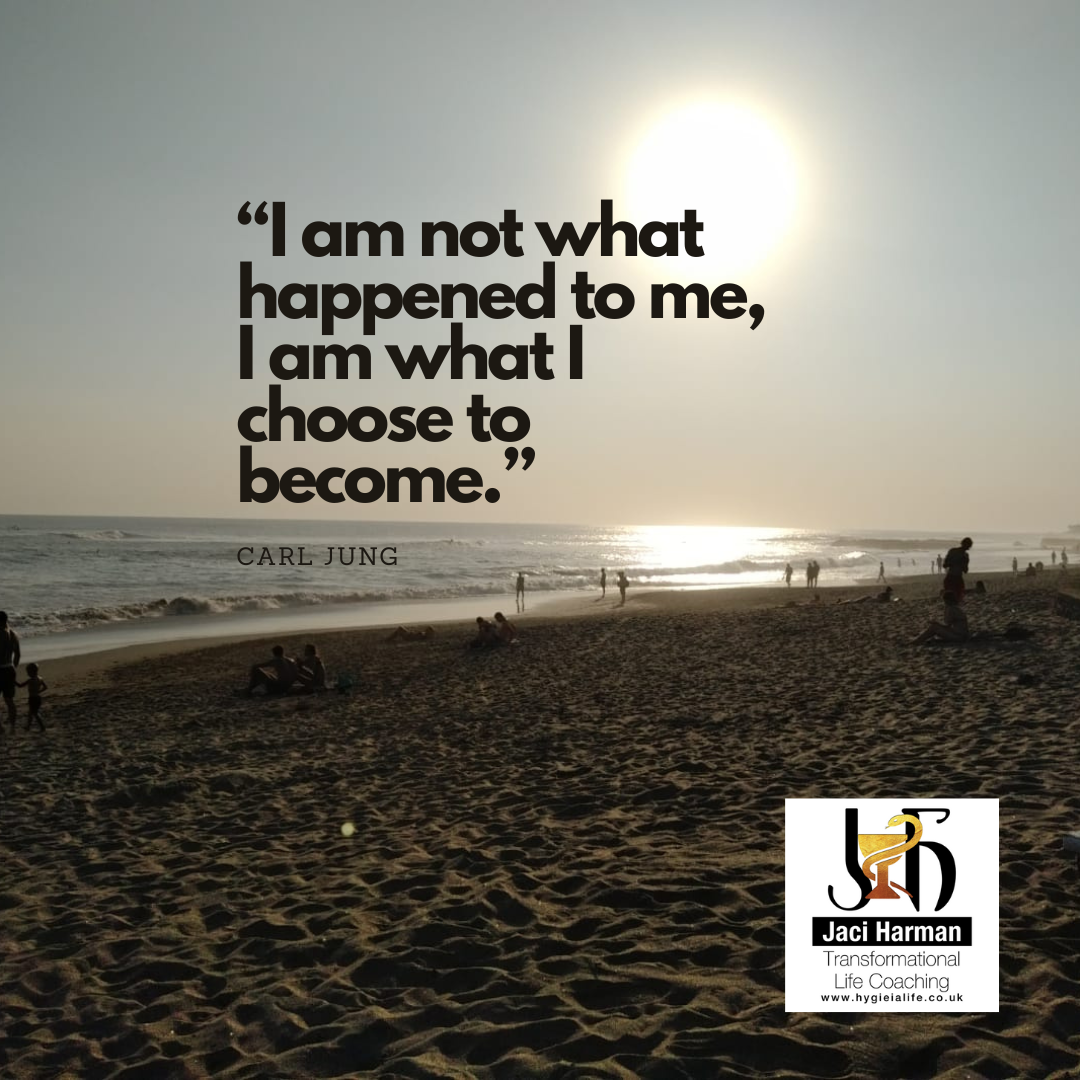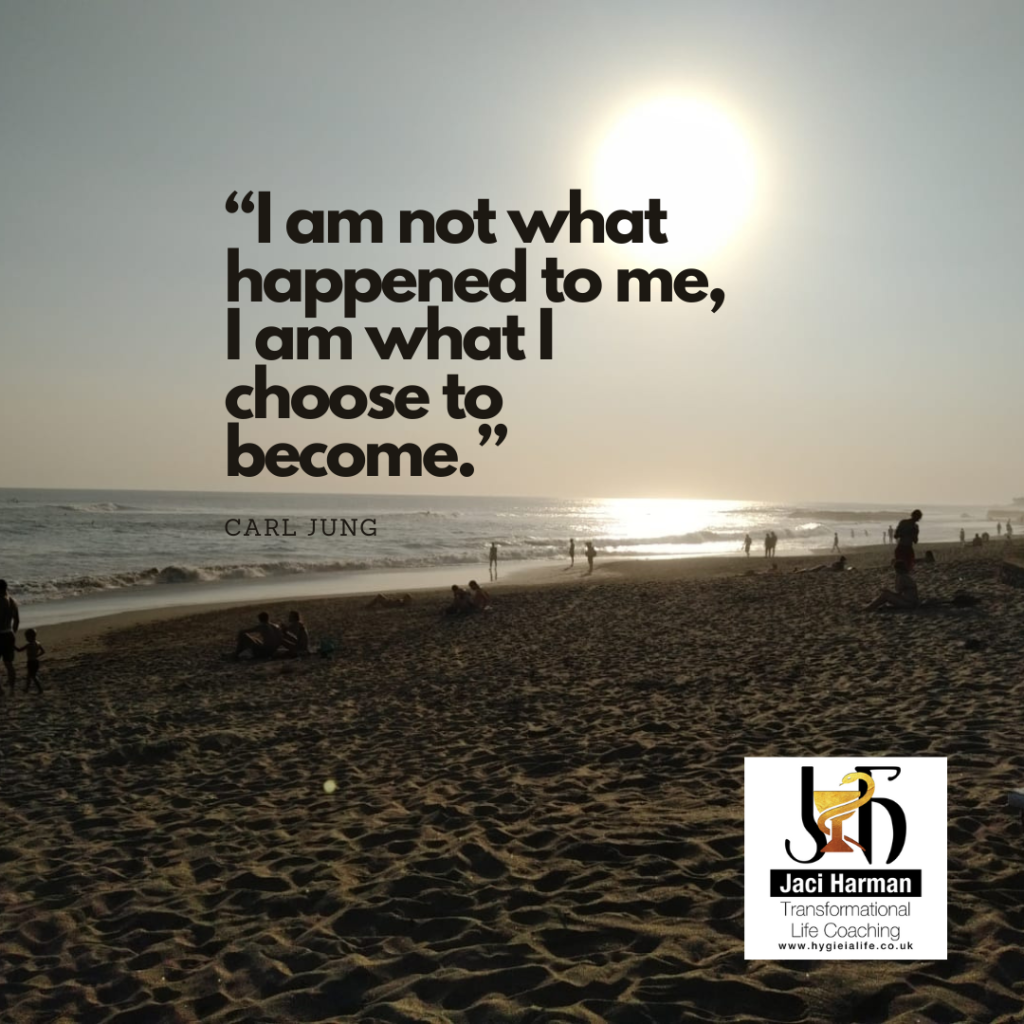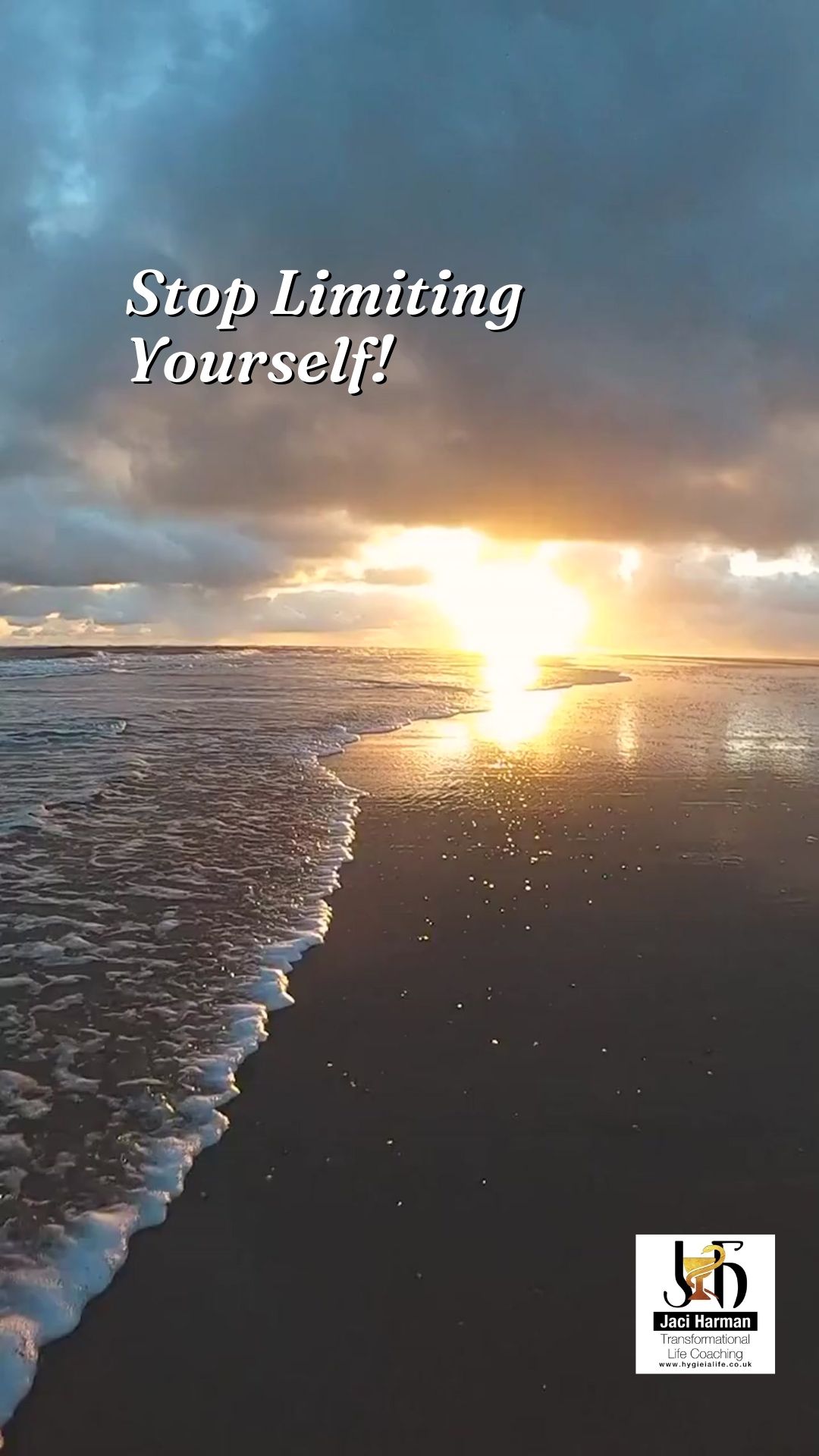Introduction
In a world that exalts unwavering determination and the relentless pursuit of success, we often find ourselves ensnared in a never-ending cycle of striving, even when it exacts a heavy toll on our well-being. Our society has meticulously programmed us to believe that quitting is synonymous with failure, and this deeply ingrained belief has profound implications for our mental and emotional health. In this article, we will explore the concept of the “quitting culture” and delve into the powerful role of shame in perpetuating a cycle where we court self-harm rather than choosing a healthier path.
“there’s nothing magical about perseverance, nor is there anything shameful about not persevering when you decide to make another choice” Julia Keller.
Shame: The Silent Enforcer
In our journey through life, we mustn’t underestimate the role of shame in making us tolerate toxic situations far longer than we should. Shame quietly whispers in our ears, reminding us that quitting is a mark of inadequacy or moral failing. This insidious emotion often drowns out our inner voices and compels us to persist in circumstances that harm us.
Shame latches onto our self-esteem, insinuating that we are somehow defective or unworthy if we consider quitting. It manipulates us into believing that the pain of staying is more bearable than the potential humiliation of admitting defeat and walking away.
The High Cost of Perseverance
We’ve all experienced those moments when we push ourselves far beyond our limits to attain a goal or complete a task. The whole concept of strapping on a fit-bit relies on us relishing pushing ourselves as far as we can. However, what happens when we achieve our objectives through self-punishment? Does the end result truly shine as brilliantly as we once imagined it would? More often than not, the answer is a resounding no. Personal experiences, like compelling ourselves to slog through uninspiring homework or laborious professional pursuits, often leave us feeling unsatisfied, as if we’ve compromised our core values.
The Self-Help Trap
As we plunge deeper into the self-help realm, we stumble upon the prevailing notion that success hinges on the unwavering refusal to quit, regardless of the circumstances. Our society tends to castigate those who dare to quit as “lazy” or as individuals with a conspicuous character flaw. Worse, we may decide for ourselves that we are intrinsically flawed; this is the foundation of shame. For many of us, this belief has been woven into the fabric of our beings from a tender age, making it an arduous task to redefine our relationship with quitting.
Another problem with this rigid perspective is that it perceives quitting as synonymous with failure, and this mindset blinds us to the realities of an unjust world.
“holding up hard work as the key to success allows us to maintain our belief in a just world and to rationalise inequality”. Adam Grant, Professor of Business Studies at the University of Pennsylvania, Wharton Business School
Not everyone starts on an even playing field, and external factors can exert substantial influence over our journey towards success. By doggedly insisting that hard work alone can conquer all impediments, we unwittingly perpetuate the illusion of a just world while turning a blind eye to systemic inequalities.
Embracing the Art of Quitting
Julia Keller, a professor from the University of Ohio (Watch Julia Keller’s recent Tedx talk) has spent a lot of her career examining the will or not to quit. She uses the expression “precision quitting” to explain practicing quitting with a view to increasing our resilience in this area. It is imperative that we challenge the quitting culture and dismantle the shackles of shame that bind us to harmful situations. Quitting should not be viewed as synonymous with failure, but rather as an act of self-compassion and wisdom. It is about recognizing when the pain of persevering exceeds the fear of quitting. It is a courageous act of self-preservation.
By practicing the art of quitting, we not only liberate ourselves but also create a more compassionate and understanding society. When we normalize the act of quitting for the sake of our well-being, we foster an environment where individuals are empowered to make decisions that align with their true selves.
Conclusion
In conclusion, the quitting culture is an opportunity for us to redefine success and emancipate ourselves from the stifling grip of shame. It is essential to understand that quitting is not always synonymous with failure. Instead, it can be a courageous act of self-preservation and a step towards personal growth and happiness.
“There’s a difference between quitting and knowing when you’re beat.”, Cormac McCarthy
Let us learn to discern that difference, confront the shame that holds us back, and embrace the art of quitting when it leads us towards a brighter and more authentic path.




